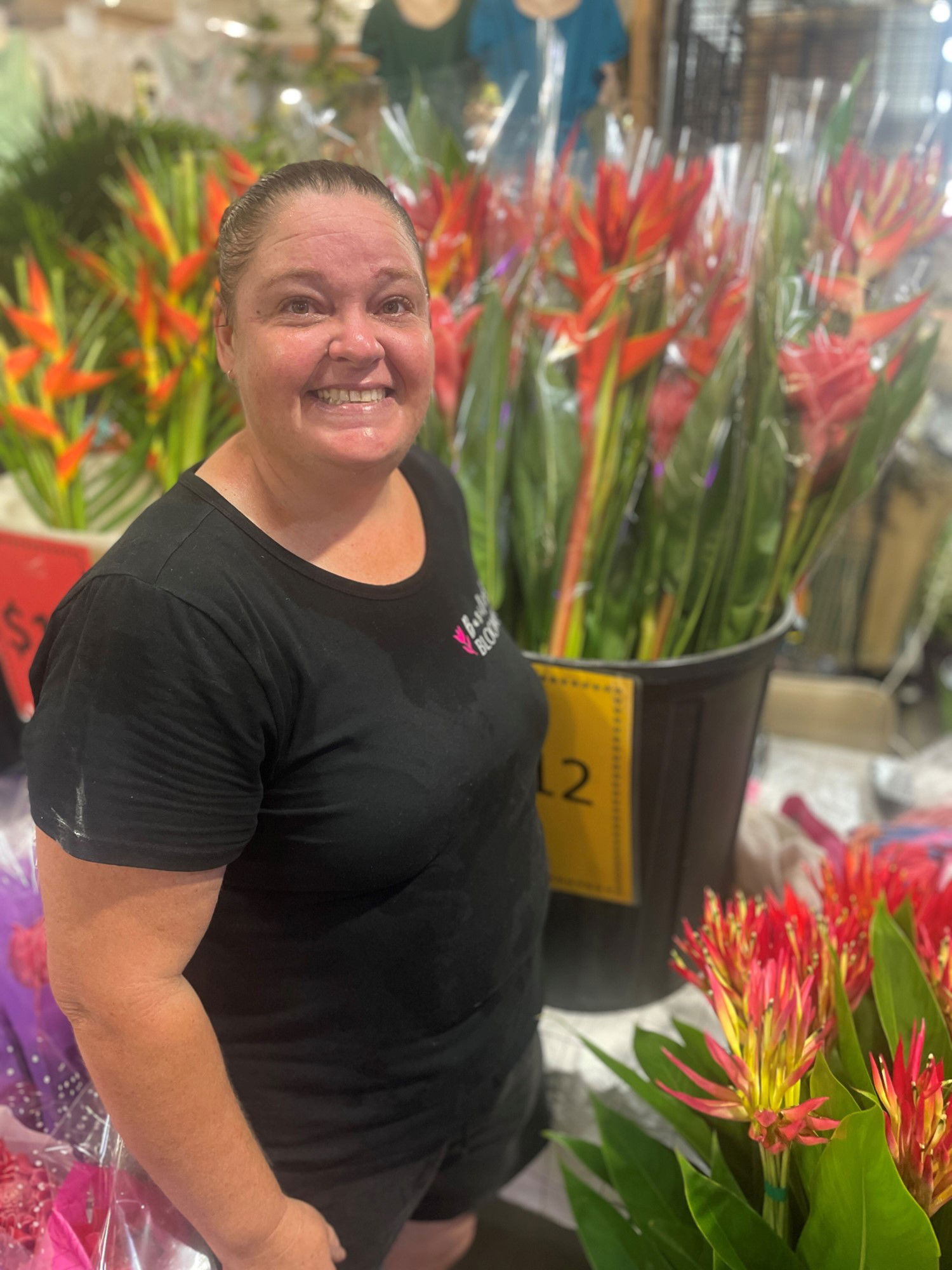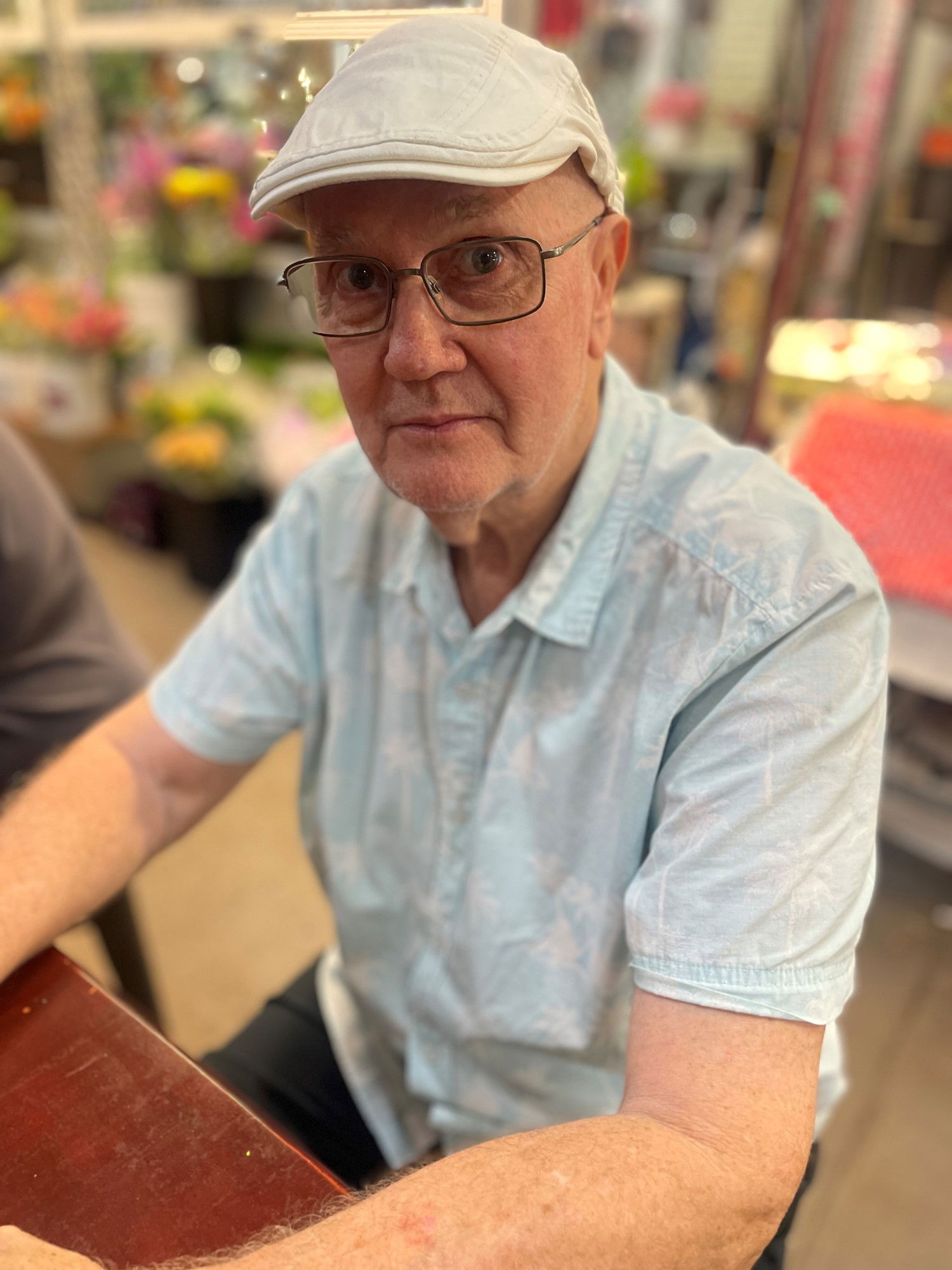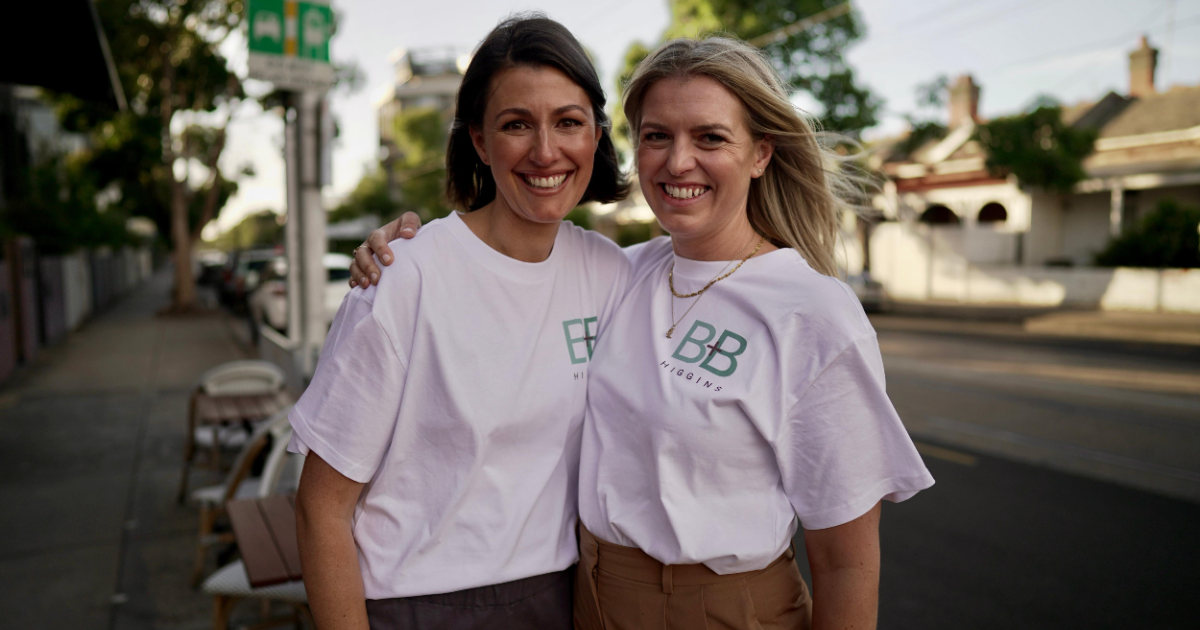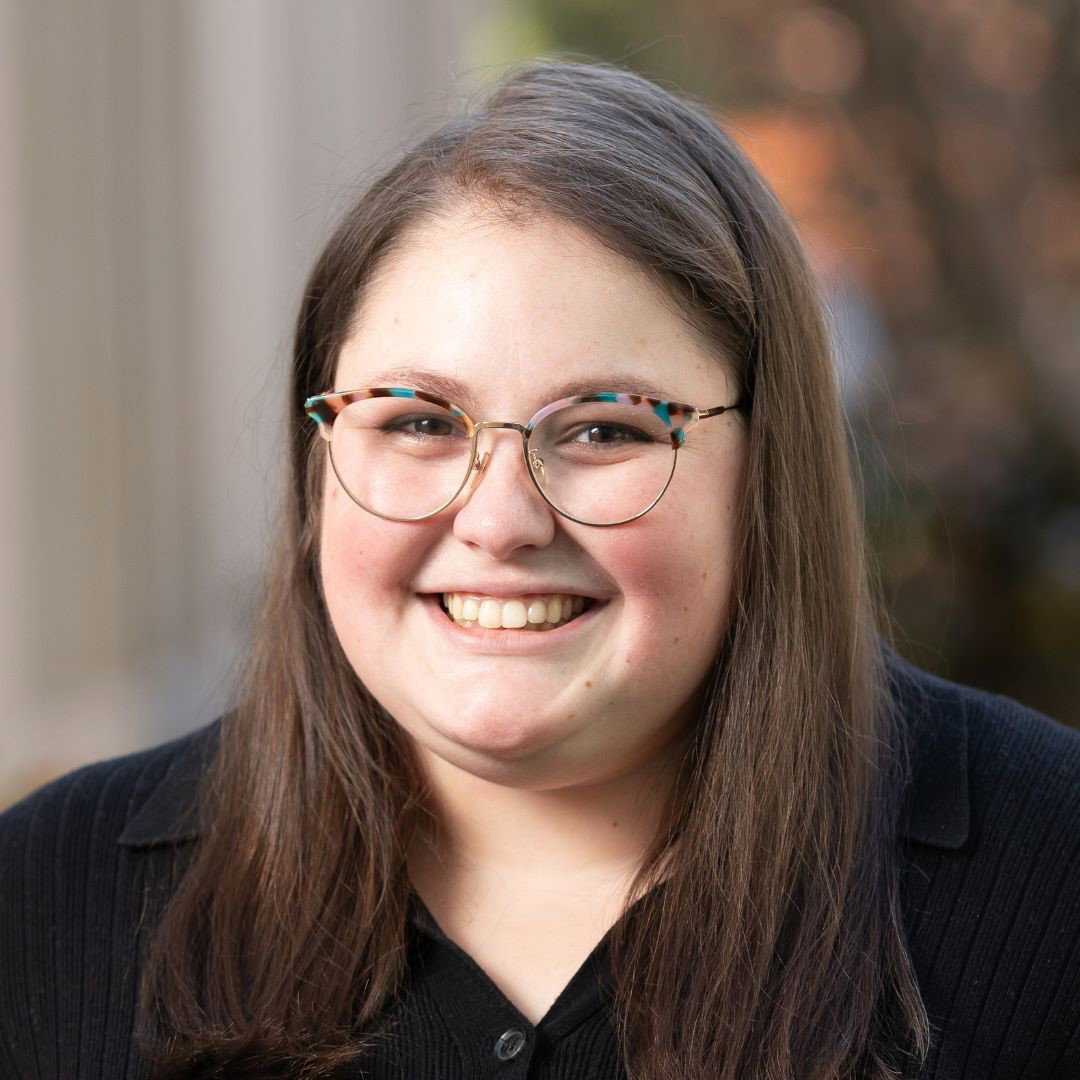Federal election 2025: PM calls May 3 poll as Dutton looks to curb 'wasteful' spending — as it happened
After months of speculation, the day finally arrived on Friday: Anthony Albanese asked the governor-general to call a federal election on May 3.
Soon after, we were off to the races. The prime minister walked to the podium in his Parliament House courtyard with a spring in his step for the first of many election press conferences.
"You ready?" He asked the gathered throng of journalists with a wry smile, having so often brushed off questions about when this day would come. When one journalist asked whether he was ready, the PM didn't miss a beat.
"You bet. Born ready."
The prime minister's press conference tested a range of themes set to feature in the campaign: the cost of living, the prospect of a hung parliament, and the looming economic threat posed by Donald Trump's tariffs.
Then the ceremonial cannons fired, the parliament was prorogued and the building usually at the centre of our national politics fell quiet, to take a back seat until we return with new faces in a few weeks' time.
In Brisbane, it was a damper affair for Peter Dutton, whose opening press conference was held indoors amid inclement weather.
But fresh from rousing applause in his Thursday night budget speech, the opposition leader continued his focus on the cost of energy, staring down an angry response from the gas industry peak body to his proposal to quarantine Australian gas for Australian use.
Asked about the industry's complaints that it might lead to an oversupply of domestic gas, his blunt response: "Well, that's good — and it'll bring down prices."
By the day's end, the prime minister had also landed in Brisbane, where Greens leader Adam Bandt will also land tomorrow as the campaign converges on the Queensland capital for its first full day.
The ABC's election live blog coverage will return then. In the meantime, here's how the day unfolded.
Live updates
That's all for now!
Thanks for following along with our live coverage of the 2025 federal election campaign.
It's already been a big start to the five weeks leading up to election day on May 3.
We'll be back bright and early tomorrow to keep you in the loop with all of the updates from the campaign trail.
Until then, you can stay up to date with more of our coverage on the ABC news website and mobile app.
Until then, have a fantastic evening!
'Dutton isn't Trump': Senator Paterson bristles at leadership comparisons
Senator Paterson has delivered quite a pointed response on 7.30 when asked about comparisons that have been made between Opposition Leader Peter Dutton and US President Donald Trump.
"It's a desperate smear campaign from a desperate prime minister," James Paterson said.
"[Anthony Albanese] doesn't have a good agenda to sell for the Australian people, he certainly doesn't have a good record to talk about over the last three years because Australians' living standards have been smashed on his watch.
"All he has is personal attacks and smears on Peter Dutton as the alternative prime minister.
"Peter Dutton is a very different person and a very different political person than Donald Trump.
"He is a traditional centre-right conservative, he's been in public life for 25 years and he's a strong leader who will stand up for Australia.
"He'll stand up for Australia to whoever he needs to stand up to — including our American friends — and Australians can have confidence that he will robustly defend our national interest against anyone who seeks to intervene in our country."
Senator James Paterson says Coalition hasn't given up on winning inner-city seats
We're now hearing from Coalition senator for Victoria James Paterson on 7.30.
He's been asked by Sarah Ferguson whether Peter Dutton and his team has decided to "give up" on winning seats previously won by teal candidates and instead focus on outer-suburban Melbourne and Sydney electorates.
This is how Paterson answered:
Loading..."Not at all. The Liberal Party is at its best when it aspires to represent all Australians, and the Liberal Party under Peter Dutton aspires to represent all Australians.
"We will be fighting just as hard for Kooyong, in inner-city Melbourne, as we are for Hawke, in outer-suburban Melbourne.
"We believe we can win both because Australians, regardless of whether they live in inner-city or outer suburbs, have suffered over the last three years of Labor governments.
"The prime minister, when he was opposition leader, promised when Australians voted for a Labor government that they like to get better and things will get cheaper.
"He even promised cheaper mortgages, but is there an Australian today who can say they are better off today than they were three years ago?"
Marles says Coalition's gas plan is a 'break glass policy'
Deputy Labor leader Richard Marles has now criticised the Coalition's gas market policy on 7.30.
"I think people will understand the hypocrisy of a party which has done everything in the last three years to oppose the measures that Labor have put in place, which has already delivered six times the amount of gas to the east coast gas market as what the Liberals were promising to produce last night.
"I mean, this is not a policy which is going to make the difference that we've already made, and the Liberals spent this term opposing it.
"I mean, they are shameless in what they are doing. It is a break glass policy, because they do not want to talk about their nuclear power policy, which will cost $600 billion of taxpayers' money and will result in a wholesale cut to front-line services and Australians can see that."
'I don't think many Victorians are fans of Peter Dutton': Richard Marles
Deputy Prime Minister Richard Marles is now speaking with the ABC's 7.30 host Sarah Ferguson.
He's been asked how vulnerable the ALP is in the state of Victoria, where many analysts are saying the federal election race will be won or lost by the major parties.
This is what Marles had to say:
"We see that there will be challenges across the country, and we'll meet those challenges wherever they occur — including Victoria.
"We'll make the case that I've just made, and cost of living is an issue in Victoria as it is elsewhere, and our record in terms of dealing with the issue of cost of living and what we seek to do going forward, we're confident that message will resonate as much in Victoria as it will in any other part of the country.
"That's what we will continue to to talk about.
"Equally, I don't think Victorians are any fans of Peter Dutton.
"When Victorians look at Peter Dutton, they look at a leader who has promised nothing other than cuts, and in the face of the challenges that people have had, a wholesale cut to front line services such as Medicare is not going to win any support or approval in Victoria."
'We're seeing a decline in support for the major parties': Antony Green
Antony Green is now explaining on 7.30 what he believes Australia is seeing in politics, leading into this year's federal election.
"We're seeing a decline in the support for the major parties. At the last federal election, the Coalition got about 36% of the vote," he says.
"The Labor Party got around 32% and everybody else added together came to about 31%.
"Since 2007 when Kevin Rudd won, the vote for minor parties and others and independents has more than doubled, but the number of seats where an independent or a minor party finishes in a contest against the major party — so it's not a two-party contest — the number of those seats has gone from three to 27, and of those 27 seats at the last election, 16 got elected.
"The major party vote is falling over time, so this concentration on two party preferred, sure you can come up with a two party preferred vote, but it doesn't translate into seats if there's so many votes for others.
"The preferential voting system people think always comes down to Labor versus the Coalition. It doesn't, and the last several elections where the number of non-major party contests is growing shows that.
"Now, perhaps that trend might reverse at this election, but realistically, the vote for the major parties has been going down for a number for many years, and all the opinion polls seem to indicate it hasn't changed much since last time."
Antony Green gives the state of play ahead of the election
Here's the ABC's Chief Elections Analyst Antony Green on 7.30, giving the current state of play:
Loading...Labor goes into the election with 78 seats, the Coalition, 57 — there's one or two members left, but 57 is their starting point, and there's 15 on the crossbench.
The swings that are needed: The Labor Party, a swing of about 1% would probably deprive it of its majority. A swing of about 3.5% might allow the Coalition to end up with more seats than Labor, but the swing for the Coalition to reach maturity government is beyond 5%
It's quite a substantial effort for them to get into government. All those numbers, though, rely on the fact there's no change on the crossbench.
What happens, if Labor picks up some of the Green seats, if the Liberal Party pick up some of the Teal independent seats, or if the independents win more seats than they currently have? They all alter the composition.
The current crossbench is the largest crossbench we've seen in decades in Australian politics.
The other thing that's significant is that where we've had four of the last five elections have been very narrow, the last election produced an opposition with about 10 fewer seats than those earlier examples.
And that's why the Coalition have a big task to get into government — they have to overcome all the seats lost to the crossbench last time.
Tax, power prices and Donald Trump: A look back at day one of the election campaign
If you're looking for a short recap of everything that happened today after Prime Minister Anthony Albanese formally called the election — we have you covered.
Here are all of the notable moments from the PM stepping foot in Government House, to the press conferences and the colour from Canberra.
Loading...What voters are saying
Here's another voter speaking to Juanita Soper:

Heidi Piccolo from Boogan in the federal seat of Kennedy says whether it's a halving of the fuel excise or tax cuts, the most important thing for the next government is to provide cost-of-living relief.
"It doesn't really matter; one is going to save us money now and the other from next year onwards," she said.
"But a tax cut now would be great."
In addition to putting more money back into the pockets of everyday Australians, Ms Piccolo also hopes both major parties have policies to help address the rising rates of homelessness across the country.
📹 The seats to watch in the 2025 Federal Election
What voters are saying
Here's more of what voters have been telling Juanita Soper:

Mark Senior from Earlville in the federal seat of Leichhardt has always voted the same way and this election will be no different, although he wouldn’t be drawn of which party he supported.
He isn't concerned with a newcomer in the seat of Leichardt now that long-serving MP Warren Entsch is retiring after holding the seat for all but one term of government since 1996.
"He'll be hard to replace but it's always good to get some new blood," Mr Senior said.
"I don't know a lot about them [the candidates for Leichhardt] but we'll hopefully get to know them."
Seat-sharing campaign ends before it begins

Remember Bronwen Bock and Lucy Bradlow, the women with a plan to become Australia's first job-sharing MPs?
Well, their campaign has come to a close before it could ever really begin. Why, you ask?
According to them, they faced numerous hurdles to legally allow the pair to run together, including:
- The abolition of the seat of Higgins
- The subsequent work to form a political party
- Seeking a protective costs order so they did not have to face the risk of the Commonwealth's legal costs
- Dual citizenships they were unaware of and;
- The government calling the election for May 3
"We are nevertheless hugely proud of what we have achieved, from forming the Better Together Party to receiving a protective costs order against the Commonwealth," they said in a statement.
"We are hopeful that we can continue the legal case after the conclusion of the election."
Walking away from bipartisanship in Aboriginal affairs 'unforgivable'
Retiring Labor MP Linda Burney says the election will be hard for everyone but continues to back Anthony Albanese, saying he "leads for everyone."
"Peter Dutton is someone that is incredibly divisive, and I think the public sees that as well," she tells Afternoon Briefing.
She says Peter Dutton walked away from The Voice referendum and decades of bipartisanship in Aboriginal affairs.
"I think that is unforgivable," she says.
Challenged on The Voice referendum being voted down by the majority of the country, Burney says although the outcome was "devastating," there were some silver linings.
"The thing that really buoys me as well is there is a group of young Aboriginal leaders in their 20s, 30s, and 40s that were blighted by this referendum and the issues will not go away," she says.
📽 Update from the Albanese re-election campaign
Political reporter Tom Lowrey is on the campaign trail with Anthony Albanese in Brisbane.
Here's the latest:
Loading...Seats election analyst says are likely to swing
John Black breaks down how many seats he expects to swing in each state.
- In Victoria, he says six seats could go from Labor to the Coalition
- In New South Wales, he says there is a big swing against Labor from traditional supporters on the eight seats won last election on primary votes and potentially in four to six marginal seats
- In Western Australia, he says Labor is in danger of losing Bullwinkel and Tangey
He says he doesn't expect there to be as much change in other states.
Harder for Dutton to be tough on Trump
Patricia Karvelas tells Afternoon Briefing when polled, almost half of Liberal-based voters like Trump, asking election analyst John Black if it was harder for Peter Dutton to be tough on Trump.
"It's harder, but he can't afford not to," Black says.
"There has been a formula adopted by Keir Starmer, the Prime Minister of Britain, which was corrective without being critical.
"If you are in any doubt getting criticised by Trump is going to be a big plus and sticking up for your country and even bigger one."
Seats likely to be won by 'grudgingly cast' preferences — election analyst
Election analyst John Black says there has been a steady decline against the two major parties over the past 20 years on the primary vote, noting just 15 seats last election were won on primary votes — 8 for the ALP and 7 for the Coalition.
"Every one of the others, 136, were determined by who did not like them all that much and voted for other parties and somewhat grudgingly cast a preference for it to them," he says.
Black says he thinks preference voting will also impact Teals and Greens candidates as well.
Is Elon Musk going to play a role in the election?
Bruce Wolpe says it's likely, given his ongoing feud with the eSafety commissioner and his influence on the German election.
"He hates what Australia is doing on social media and we have real problems with what he does on social media," Wolpe says.
"The door is open for him. I think he opened the door and we will see how far he goes through."
Terrible timing for an election?
Bruce Wolpe from the United States Studies Centre, the author of Trump's Australia, a book about what Donald Trump's second term will mean for Australia, speaks to Afternoon Briefing.
Now in caretaker mode, Australia will have less ability to put pressure on the US. It comes as the world expects a second round of Tariffs from Donald Trump.
Patricia Karvelas asks if the election comes at a terrible time for our national interests.
Wolpe says it depends on whether Trump's tariffs present a real crisis.
"If they do, you expect the leadership to stand up," he says.
"If they don't, you have two models to go with in managing it.
"One is the new Canadian prime minister, extremely aggressive. The other is Keir Starmer, our AUKUS partner, who has taken a more measured approach and talked to Trump straight but with centuries of alliance between the two countries."
He says both Australian candidates will figure out where they stand with Trump and what they do next.
What happened to all the nuclear talk?
Mark Kenny, host of the Democracy Sausage podcast, and political journalist Karen Middleton join Afternoon Briefing.
PK notes Liberal leader Peter Dutton has recently dropped off talking about plans for nuclear power, focusing more on a gas reservation policy.
However, Nationals leader David Littleproud was leaning into the policy earlier today.
Middleton says nuclear is unlikely to be the policy that wins him the election.
"He hasn't emphasised this nuclear policy at all, and we know it's controversial, we know it has support in a lot of areas, we know younger people are more supportive of nuclear energy than perhaps in years gone by, but it's interesting that Mr Dutton has chosen not to put that front and centre," she says.
Kenny predicts the Labor Party, however, will continue to talk about the nuclear policy.
"It's a big piece of policy, it's a big change, but in a way is operating like a small target because one, is not being spoken about much and two, even if it was it's so sort of abstract, theoretical, in terms of the political cycle it's several election times down the road in terms of delivering anything," he says.
"I don't think it really is the kind of vote-changing mechanism that the Coalition would pretend it is or would hope that it is and perhaps its only real vote-changing power is in the negative, in the campaigning against it."


